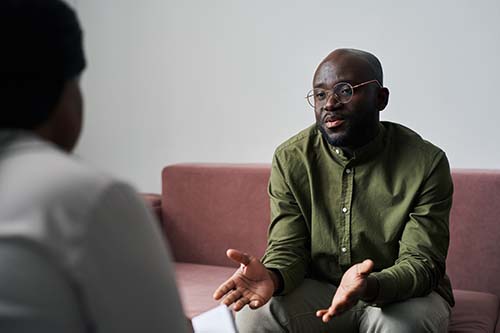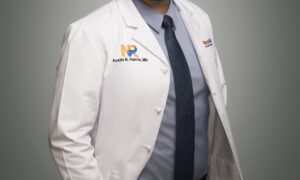Addiction recovery is a transformative journey that allows individuals to break free from the cycle of substance dependence and rebuild a healthier, purpose-driven life. Whether you’re struggling with alcohol, opioids, synthetic drugs, or lesser-known substances, effective treatment options are available. With the right support, recovery is not only possible — it’s achievable.
Understanding the Basics of Addiction
Addiction is a chronic, relapsing disorder characterized by compulsive substance use despite harmful consequences. It affects brain function, behavior, and emotional health. Early intervention and a well-structured recovery plan are essential for lasting recovery.
People battling addiction may find it difficult to stop on their own, but with the help of medical professionals, therapy, and peer support, long-term sobriety can become a reality.
Dangers of Emerging Street Drugs: What Is Sherm or Smoking Wet?
In recent years, synthetic and street drugs have created new challenges for both users and healthcare providers. One example is what is sherm or smoking wet — a dangerous substance made by dipping cigarettes or marijuana in embalming fluid, often laced with PCP. Sherm causes hallucinations, paranoia, and long-term cognitive impairment.
Unfortunately, users may be unaware of the severe health risks associated with smoking wet. Education and awareness are key components in preventing abuse and promoting safer choices.
Natural Doesn’t Always Mean Safe: Is Kava Addiction Real?
Many people assume that herbal supplements are safe due to their natural origins. However, substances like kava — traditionally used for relaxation — can also lead to dependency and health risks when abused. Wondering is kava addiction a real concern?
Yes, it is. Long-term use of kava can affect the liver, lead to psychological dependency, and interfere with daily functioning. Identifying kava addiction early is crucial, especially for those using it to self-medicate for anxiety or sleep disorders.
Medication-Assisted Treatment: A Proven Path to Sobriety
For many individuals facing opioid or alcohol addiction, medication assisted treatment (MAT) offers a research-backed solution that blends medication with behavioral therapy. MAT helps:
- Reduce withdrawal symptoms
- Control cravings
- Lower the risk of relapse
- Improve overall treatment outcomes
Medications like Suboxone, Methadone, or Naltrexone are often used in conjunction with counseling to address the root causes of addiction. This dual-approach increases the chance of sustained recovery.
Steps to a Successful Addiction Recovery Journey
1. Acknowledge the Problem
The first and most powerful step is recognizing that you have a problem. Acceptance opens the door to change and healing.
2. Seek Professional Help
Detoxification, inpatient rehab, outpatient therapy, and support groups can offer the structure and tools needed to recover. Facilities like White Oak Recovery specialize in tailored treatment plans.
3. Create a Strong Support System
Surround yourself with family, friends, and recovery communities. Programs like AA or NA provide encouragement and accountability.
4. Focus on Mental Health
Treating co-occurring disorders such as depression, PTSD, or anxiety is essential. A comprehensive plan should include therapy and mental health support.
5. Commit to Long-Term Growth
Recovery doesn’t end with detox — it’s a lifelong process. Develop healthy habits, set goals, and continue therapy to prevent relapse.
Why Early Intervention Matters
Delaying treatment can worsen the physical and mental toll of addiction. If you or someone you love is experimenting with substances like PCP-laced cigarettes (what is sherm or smoking wet) or developing dependence on herbal alternatives (is kava addiction), now is the time to act.
Getting help early reduces the risk of long-term damage and increases the chances of full recovery. Professional programs, especially those that offer medication-assisted treatment, provide the support necessary to achieve success.
Final Thoughts: Recovery Is Possible
Addiction recovery is a challenging but rewarding journey. With the right combination of medical care, therapeutic support, and community encouragement, anyone can overcome addiction — no matter how severe.
If you’re unsure where to start, exploring evidence-based options like medication-assisted treatment can help you take that first vital step toward healing. Whether you’re concerned about dangerous substances such as what is sherm or smoking wet or wondering about lesser-known issues like is kava addiction, resources are available to guide your path.



































